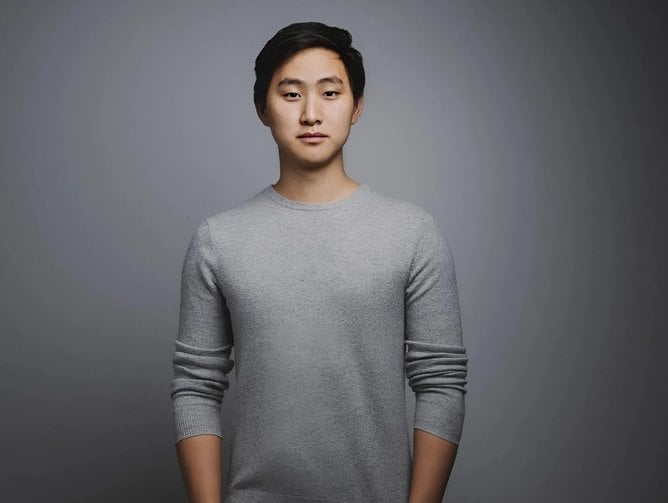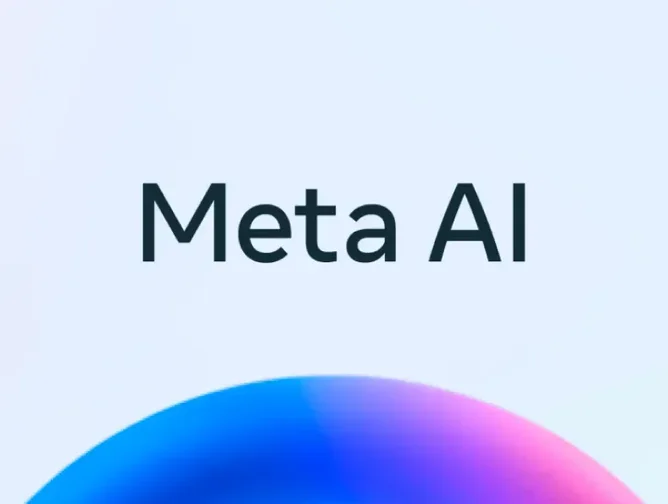Mark Zuckerberg is personally assembling a secret superintelligence group at Meta, recruiting top AI researchers and engineers tasked with achieving AGI
Mark Zuckerberg is reportedly assembling a team of AI experts to achieve artificial general intelligence (AGI), recruiting from researchers and engineers.
As the CEO of Meta, he has prioritised recruiting for the secretive new team, referred to internally as a superintelligence group, according to Bloomberg.
He believes Meta can outstrip other technology companies in AGI – which is the concept that machines can perform as well as humans at many tasks.
Once Meta reaches that milestone, it could integrate the capability into its suite of products, including social media and communications platforms, its Meta chatbot and AI-powered Ray-Ban glasses.
Mark aims to hire around 50 people for the new team, including a new head of AI research, almost all of whom he is recruiting personally.
He has already rearranged desks at the company’s Menlo Park headquarters so the new staff will sit near him, according to people familiar with the matter.
Meta’s plans with Scale AI
Mark is building the team alongside a planned multi-billion dollar investment in Scale AI, a company that offers data services to help companies train their AI models.

Scale AI Founder Alexandr Wang is also expected to join the superintelligence group after a deal is completed. The investment is set to become Meta’s largest external investment to date.
Mark has spoken openly about making AI a priority for his company. In the past two months, he has adopted what insiders describe as “founder mode”, characterised by an increasingly hands-on management style, according to people familiar with his work.
His desire to micromanage the recruitment effort stems partly from frustration over the quality of and response to Llama 4, the latest version of Meta’s large language model (LLM) that powers chatbots and other services.
The latest release in April proved disappointing to Mark, who had repeatedly told Meta insiders he wanted the best AI offering by the end of the year.
His demands then created pressure on AI-focused staff to achieve those goals.
The model’s performance has been questioned both internally by Meta’s own leadership and externally by developers who viewed them as over-promising and under-delivering.
The impact of Meta’s delayed “Behemoth” model
Meta later delayed plans to release its largest model yet, known as ‘Behemoth’, which it had promoted as superior to competing models from OpenAI.

However, despite those proclamations, leadership grew concerned it did not sufficiently advance on previous models, according to reports.
This has reportedly pushed Mark to become more involved and led to his interest in building the new team.
According to Bloomberg, he created a WhatsApp group chat among senior leaders called ’Recruiting Party’ to discuss potential targets for the team and has additionally compiled his own list of recruits and prefers to be the first point of contact during outreach.
Now, he hopes that with the new team, Meta will see improvements to its Llama models and better AI tools for voice and personalisation features.
It remains unclear how the Superintelligence Labs group will work alongside Meta’s existing AI teams, but some employees are expected to move to the new unit, according to people familiar with the plans.
Meta’s strengths and competition
Meta is competing against rivals like OpenAI and Alphabet’s Google to become a market leader for AI, which already underpins a significant part of the company’s advertising business.
Meta has invested heavily in AI, earmarking tens of billions of dollars in capital expenditures for projects this year and what Mark has assured would be “hundreds of billions” in years to come.
Bloomberg says that over lunches and dinners at his California homes in the past month, Mark has pitched AI researchers, infrastructure engineers and other entrepreneurs on joining Meta’s team.
He has argued that, unlike rivals who are raising large funding rounds, Meta’s advertising business is strong enough to finance the tens of billions of dollars needed to compete in the growing AI space.
He also told potential recruits that Meta has enough cash flow to fund a multi-gigawatt data centre, which would give the company one of the most powerful server bases in the world.



